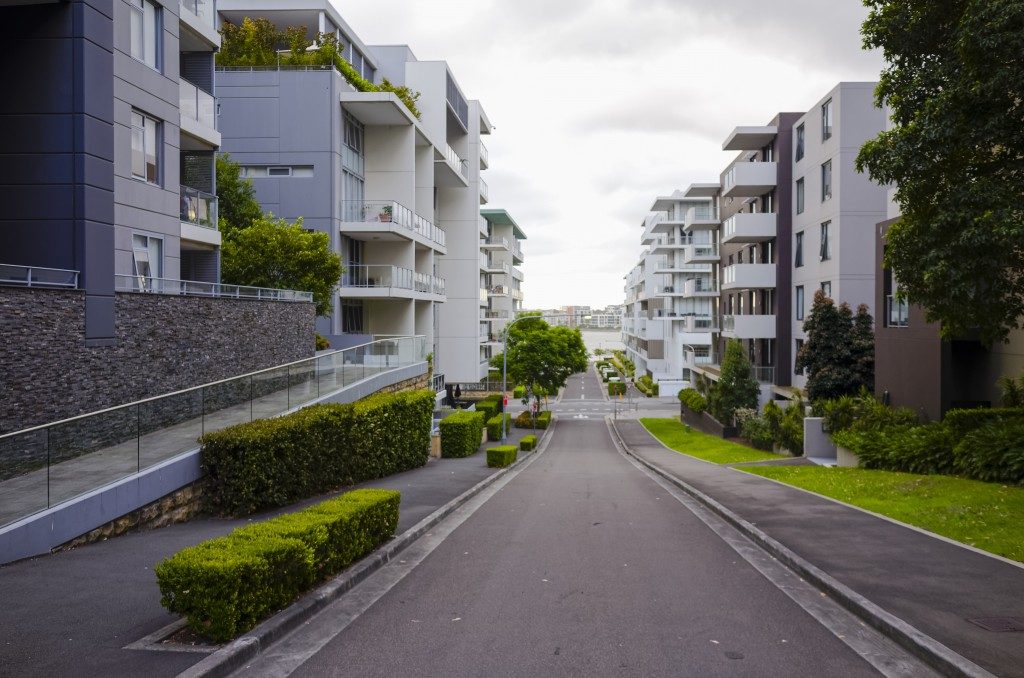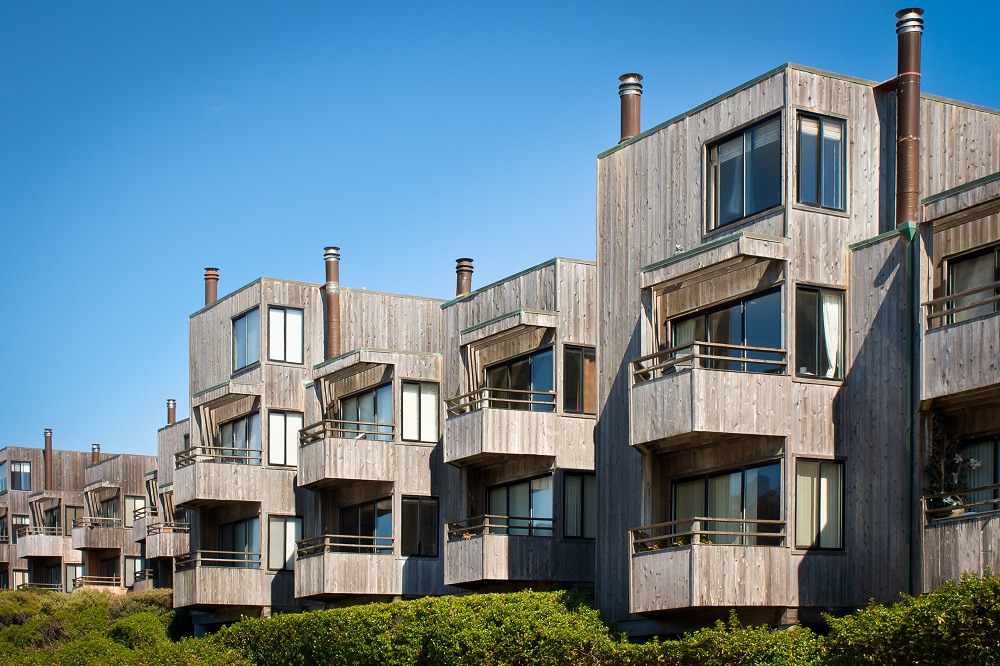With the COVID-19 pandemic putting the world at a near standstill, we can expect to see varying degrees of changes in almost any industry, including real estate. This brings us to the question: What real estate trends can we expect post-pandemic?
If there is one thing that the 2020 pandemic has taught us, it’s that the world can change overnight with little to no warning. This health crisis has affected and is continuing to affect almost all industries across the globe, including the health sector, and we can be certain that the socioeconomic changes during the pandemic will influence the emergence of new trends post-pandemic.
Let’s take a look at some of those trends:
1. Increased divorce rates
Quarantine guidelines were imposed shortly after the outbreak of COVID-19 to control its spread across populations around the globe. For married couples, the quarantine can either make their relationship stronger–or be the cause of a divorce. This observance can be attributed to the many stressors that quarantine brings, including financial problems, the inability to leave the house, boredom, cabin fever, and the general stress over the health crisis.
The spike of divorce cases in China should serve as a warning for other countries with strict lockdown policies. If the same thing happens in the U.S., the real estate industry will see more mortgage loans than home renovation loans for couples who want to split from each other. However, we may not see this happen until quarantine guidelines are eased and law offices reopen under normal operations.
2. Virtual tours
Since it is still unsafe to conduct physical tours of properties, many real estate companies are adopting virtual tours to show properties to potential buyers without violating physical distancing rules. Moreover, there is still no end in sight for the virus in the US, and the use of these technologies can help keep the industry alive until things become normal again.
3. Rising property prices
The pandemic has put millions of people out of a job and has caused national economies to dwindle, why are property prices still rising? Well, because despite the negative socioeconomic effects of the pandemic, the demand is still higher than the supply.
That said, sellers may not have to worry about losing money in the sale due to the current circumstances. However, home buyers need not lament either. Even with the rising prices of houses, the mortgage rates today are at their record lows, which implies that buying a home can still be affordable in 2020 if the buyer still has an income.
4. Millennial home buyers

The millennials are still overtaking the baby boomer and Gen X generations in home buying, and this will still be most likely the case after the pandemic. For sellers, they can attract millennial home buyers by:
- Enhancing online listings. Millennials will likely look for a house online first like they do with many other things they want to buy. So when posting online, ensure that your listing has a well-written description, high-quality photos, and complete details of the house.
- Making the home energy-efficient. This generation wants to reduce its carbon footprint and utility bills at the same time. Making the home energy-efficient by installing efficient lighting, appliances insulation, and renewable energy sources can appeal to millennials’ eco-friendly tendencies.
- Investing in attractive features. Home features that are popular among millennials include laundry rooms, walk-in pantries, home offices, open floor plans, home automation, to name a few.
- Increase transparency. Millennials can be quick to back out of a home deal if they see problems that were not mentioned from the get-go. Sellers can avoid this from happening by doing a home inspection before putting it on the market.
5. Higher interest in safe investments
The pandemic has caused many people to lose their investments, particularly in businesses and other high-risk investments. Many investors are going to look at this as a hard lesson learned, and will be looking for safer investments that won’t likely disappear in the blink of an eye.
Real estate is one such investment since it is tangible and not as volatile as other ventures. With that in mind, the real estate sector can expect more investors to come searching for opportunities that can help protect their wealth.
Millions of people unemployed, businesses closing down left and right, and global economies struggling to keep up with the effects of the pandemic. The stability of the real estate market is a silver lining in all of this, and for real estate professionals, buyers, and sellers, these are the trends that they can expect in 2020 and beyond.



